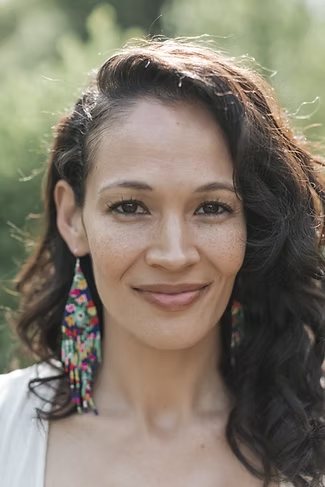In recent years, architects and city planners have increasingly begun to consider the diverse populations they are designing for. Cities are starting to address the needs of often overlooked groups. Traditionally, urban design has focused on the working force—the healthy, able, independent, and productive individuals who thrive on speed and efficiency. This approach has ignored the needs of those seen as less productive by our consumerist culture, such as women, children, and other marginalized groups. The result is unwelcoming urban centers that exacerbate consumerism, pollution, and isolation.
In this episode of Design to Connect, the hosts Arezoo Mohebpour and Khadidja Konate explore designing urban spaces that truly cater to mothers and children. Natasha Heath, a postpartum educator, planner, and healer, shares her invaluable insights on how family, community, and urban environments can better support mothers.







